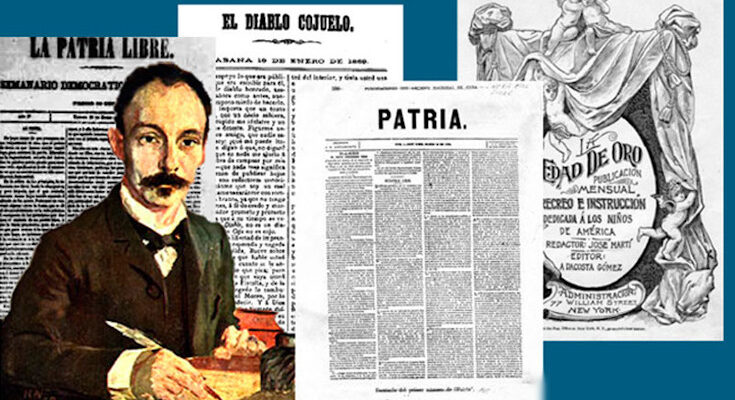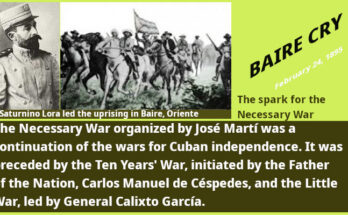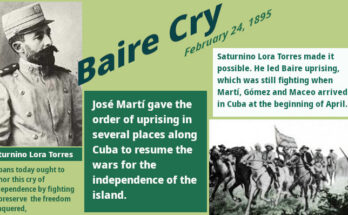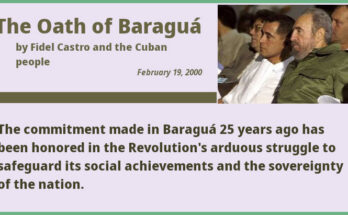José Martí, the Apostle of the independence of Cuba, and national hero, was also renown as a key figure in Latin American literature and journalism. His work as a journalist was marked by a deep commitment to social justice, independence, and the defense of human rights. Martí’s articles and essays were not merely reports; they were powerful tools of advocacy and persuasion, aimed at awakening the awareness of his readers.
Throughout his career, Martí wrote for various newspapers and magazines across Latin America and the United States. His journalism was characterized by eloquent prose and a passionate voice that championed the cause of Cuban independence from Spanish colonial rule. He used his platform to expose injustices, criticize oppression, and inspire unity among diverse groups.
Martí’s journalistic style combined factual reporting with literary flair, making his pieces both informative and compelling. He addressed issues such as imperialism, racial equality, and the importance of education, always linking them to the broader struggle for freedom and dignity. His work influenced not only his contemporaries but also future generations of writers and activists.
He founded several newspapers, the most important was his newspaper Patria, a very usefull instrument in his campaign for independence of Cuba. Following the 1959 Cuban Revolution,
This newspaper was considered by its author as an ideological press of the libertarian movement. However, in this, his masterpiece, Martí does not forget that journalism, in addition to informing, must also educate. Therefore, he reaffirms, as always, his position that the newspaper should be fundamentally formative.
In essence, José Martí’s role as a journalist was integral to his broader mission as a thinker and revolutionary. Through his writings, he shaped public opinion and mobilized support for the Cuban cause, leaving a lasting legacy in the field of journalism and political thinking.




